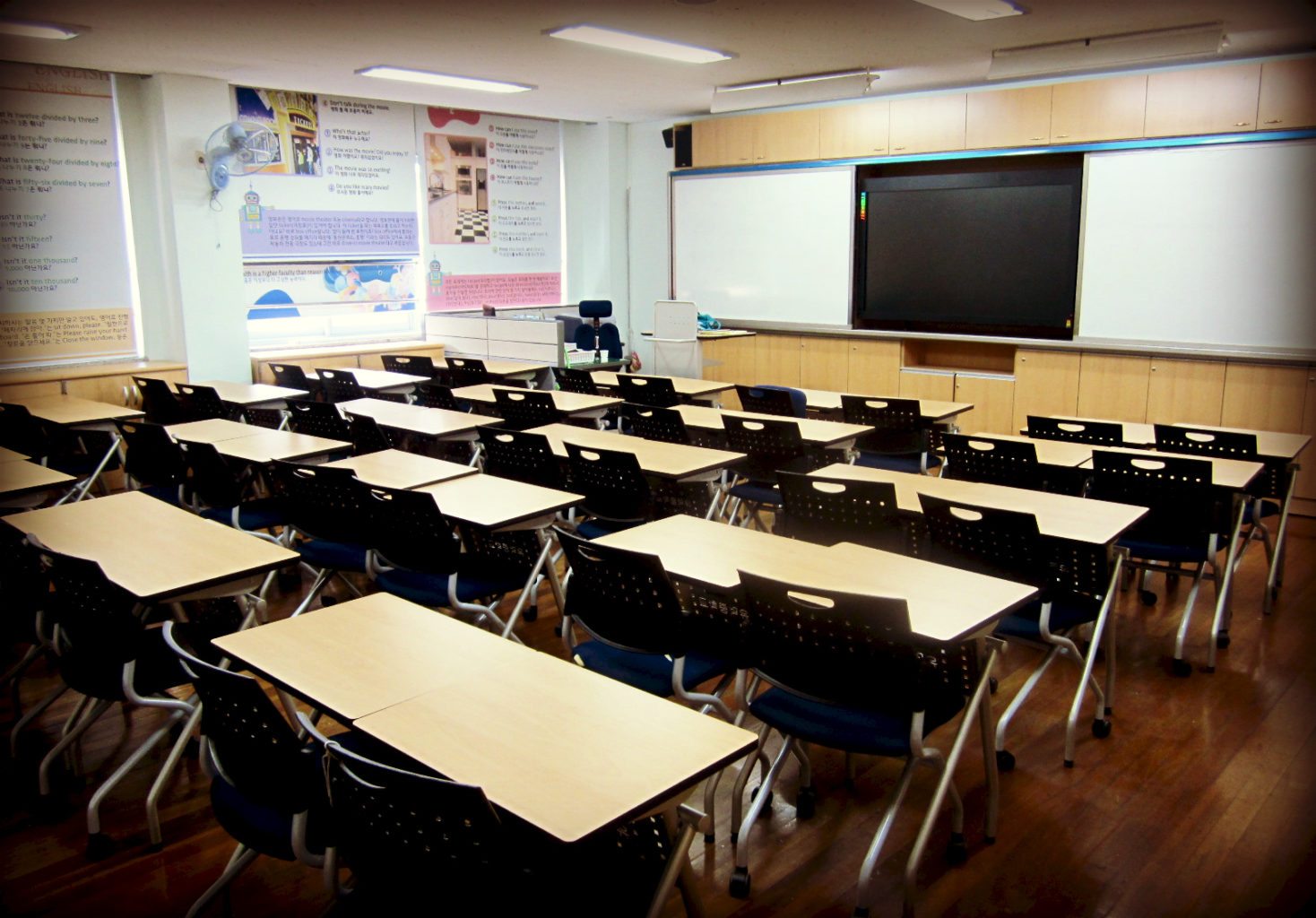Step inside the classroom
Senior Teaching Fellow in the Theatre and Performance Studies Department here at Warwick, Wallace McDowell’s progression from an arts professional to an academic and professor of his own design has been anything but conventional.
Before doing a part-time MA at DeMontfort University, he spent twenty years as a production manager and lighting designer with some of the most ground-breaking theatre companies working at the height of Thatcherism. A highlight of his career, he said, was travelling to the 1984 Miner’s Strike as an arts professional where his company at the time performed and provided food and support.
A highlight of his career, he said, was travelling to the 1984 Miner’s Strike as an arts professional.
It wasn’t until he was in his 40s that his path began to change. Having followed his wife, who progressed from being an actress to an academic, he described his frustration at the suppression of local and home-grown talent within the theatres he worked at as well as feeling “intellectually bored”.
After completing his MA, he pursued a PhD at Warwick. Despite never planning on becoming a professor in any context, he was immediately presented with opportunities to teach.
Wallace has since assumed a key role in the integration of first-year students into the Theatre and Performance Studies department and has been published and quoted in many books and journals on the subject of Irish Theatre despite coming into academia at a relatively late stage.
Despite never planning on becoming a professor in any context, he was immediately presented with opportunities to teach.
His advice to those looking to academia as a route? Step outside the classroom. The ‘tramline’ of doing a Bachelors’ Degree, a Masters and a PhD in quick succession can limit your ability to draw on experience of the outside world, relate to your material and become a better creative thinker. He says that his work draws more on real-life experience than anything else. It is perhaps this that sets him apart within the University and the wider study of Irish Theatre as an individual.

Comments